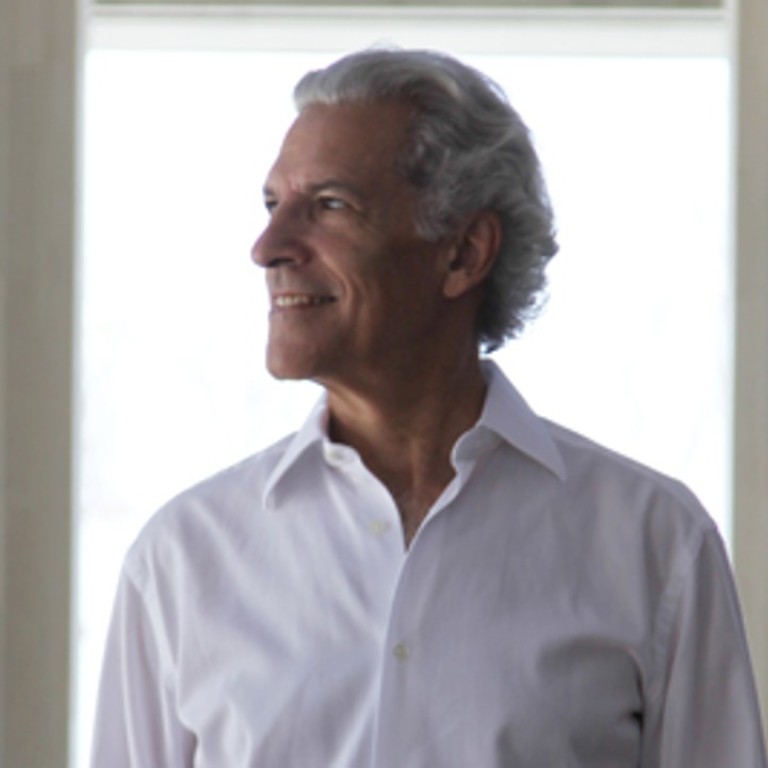Chinese luxury travellers are seeking pristine environments, says Alila president Mark Edleson

The resort group has switched to providing more experiential luxury, be it creative use of local materials, extensive use of fresh local farm produce or just getting out of a noisy, polluted city to a pristine natural environment
Alila Hotels and Resorts takes a green approach to luxury, and puts responsibility at the core of sustainability.
We asked Mark Edleson, president of Alila Hotels and Resorts, how they incorporate sustainable economic, social and environmental practices in the luxury hospitality sector.
How has the definition of luxury evolved in your time with Alila Hotels and Resorts?
I sense that the notion of luxury has changed in many segments of the hotel market from physical luxury, think crystal chandeliers, gold bathroom fixtures and Italian marble, to more experiential luxury, be it creative use of local materials, extensive use of fresh local farm produce or dinner with a local in their home, or just getting out of a noisy, polluted city to a pristine natural environment. It is these experiences that create lasting memories and emotions and distinguish one destination from another. This has been our sense of the evolution of “luxury” and what we have always tried to provide our guests.

We believe our products appeal most to the better travelled, more curious traveller seeking unique environments and proximity to the local environment and culture, enabling such a traveller to return home more knowledgeable about the people and destination they have visited.
Having launched in 2001, how does Alila differentiate itself from other players in the luxury hospitality sector?
At the time we launched, there were very few hotels emphasising the experiential aspect of travel. We created a palette of experiences for various lifestyle pursuits and offered them to our guests from the active spirit to the culinary inclined. We empowered our people to engage with guests and to share their lives. We ensured that the local food was authentic and that our hotels were both environmentally and culturally sensitive. We knew our existence and uniqueness as a resort was dependent on the sustainability of the quality and beauty of the physical surroundings and the strength of the local culture.
As Chinese people began to travel more and gain international exposure ... they seek opportunities to escape the polluted cities to get away to more pristine natural environments